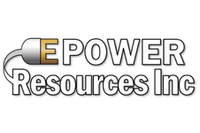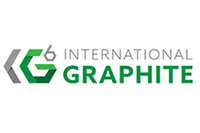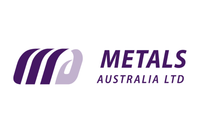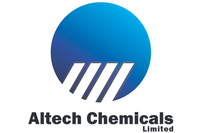Kibaran Resources Touts "Eco-friendly" Graphite Purification Process
The company said the graphite purification process uses simple acids available in Tanzania instead of toxic hydrofluoric acid.
Kibaran Resources (ASX:KNL) has discovered a method of producing battery-grade graphite without the use of toxic chemicals.
The purification process uses simple acids available in Tanzania, where the company’s Epanko graphite project is located, instead of hydrofluoric acid, which is corrosive and poisonous. Kibaran is currently optimizing a purification process flowsheet to finalize operating costs, but expects the new purification method to have low capital and operating costs.
In a Tuesday (September 26) news release, Kibaran said it is considering patenting the purification process. It believes that being able to to produce battery-grade graphite in an eco-friendly manner “will be a key future requirement” for anode material and battery producers.
“Recent visits to the major anode manufacturers has allowed us to see first hand that the growth in battery spherical grade graphite and the demand for spherical graphite is much greater than expected. This, combined with all the recent announcements by major car manufacturers concerning the shift to electric vehicles, will be the lead to an even larger demand for graphite,” said Andrew Spinks, Kibaran’s managing director.
Epanko has a JORC indicated mineral resource of 12.8 million tonnes at 10 percent total graphitic carbon, for 1.28 million tonnes of contained graphite. A bankable feasibility study for the project shows that it has a pre-tax NPV of US$211 million, a 38.9-percent IRR and a payback period of 3.4 years. Epanko is expected to operate for a total of 18 years, producing 60,000 tonnes of graphite annually.
According to Spinks, Kibaran now plans to pursue a separate feasibility study for production of battery-grade spherical graphite. “It is very clear that growth for battery spherical graphite is increasing at a greater rate than expected,” he said. The new feasibility study should be finished in Q4 of this year.
The company has secured offtake agreements for 100 percent of production at Epanko. One is with Sojitz (TSE:2768) for 14,000 tonnes per year, and the others include deals with ThyssenKrupp (ETR:TKA) and an unnamed European graphite trader.
Many companies in Tanzania have been affected by new laws introduced this past summer — among other things, they allow the government to increase its ownership over mining firms operating in the country and raise royalties on specific metals. Kibaran has said it does not expect to be impacted by the majority of the new provisions because it is an industrial minerals company.
“As graphite is classified as an industrial mineral, it is not a product that is traded on a quotable terminal market, but is manufactured to individual customer specifications and sold under long term bi-lateral sales agreements,” Kibaran explained.
In addition to Epanko, Kibaran holds the Tanga and Merelani-Arusha graphite projects, which it plans to develop after Epanko. The company’s share price was up slightly after it made the announcement about its graphite purification process on Tuesday (September 26).
Don’t forget to follow us @INN_Resource for real-time news updates!
Securities Disclosure: I, Melissa Shaw, hold no direct investment interest in any company mentioned in this article.



